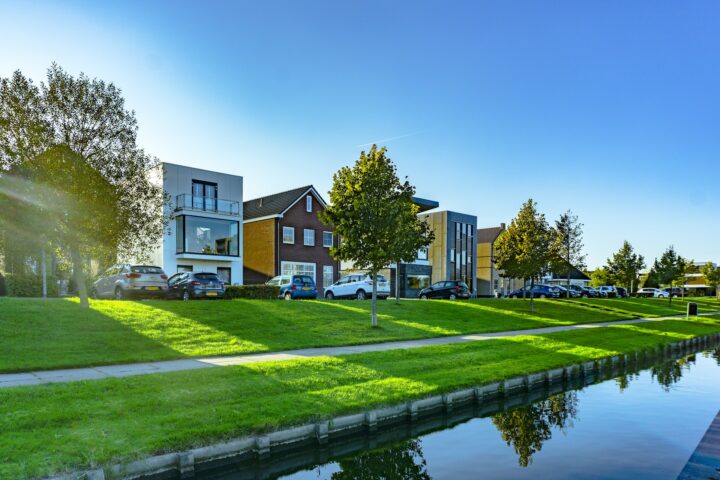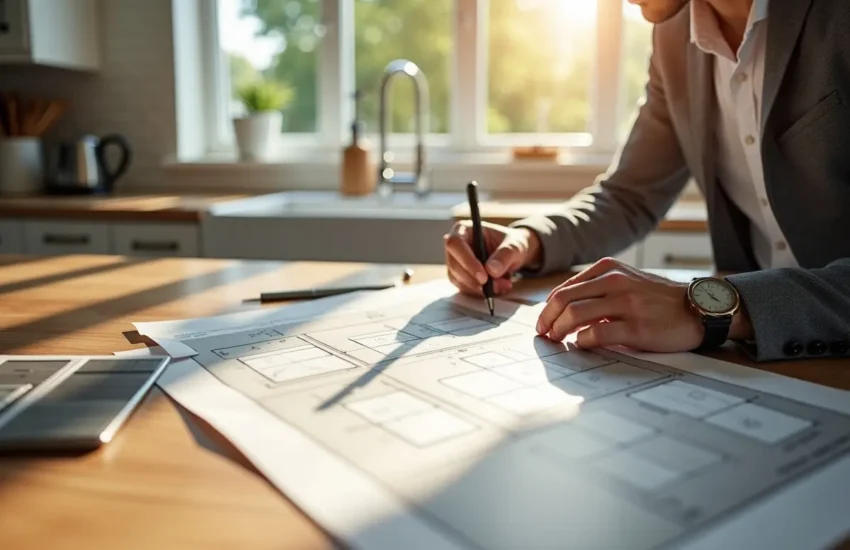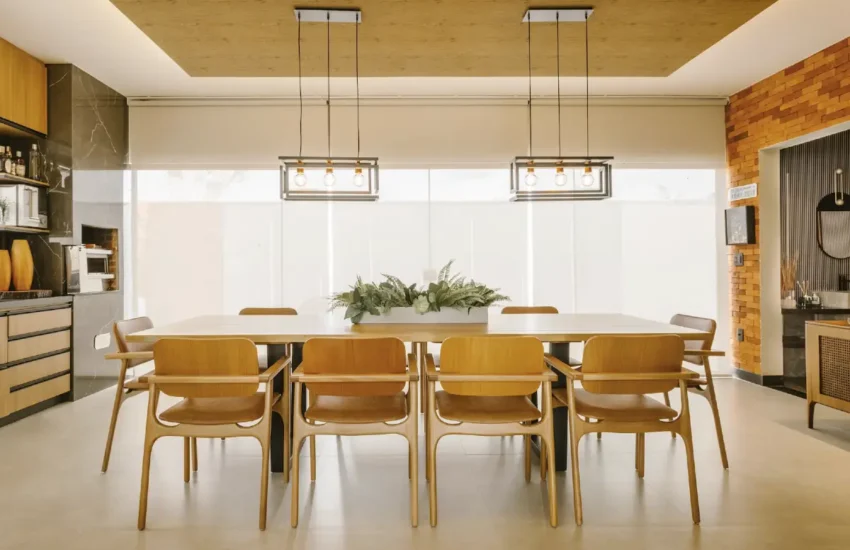10 Things You Need To Know When Starting Out In Property Development
Property investment can be an incredibly lucrative and fulfilling career for those that are willing to take the leap and invest in it. Before starting out in property, it’s important to make sure you’ve done your research and done what you can to help make sure you get off to the best start. Take a look at the following post to help you learn more about a property and what you need to do to help make your investments a success.

Choosing The Right Property
One of the first places you need to start when you’re thinking of starting out in property is to choose which kind of properties you want to invest in. There are different ways in which you can choose to invest in property, for example:
- Flipping houses
- Renting out houses
- Houses of multiple occupation
The type of investment that will be best for you will depend on your individual preferences. If you need to build capital to invest in other properties, then flipping houses might be best. Once you’ve built up more capital, you could then invest in long-term rental properties or HMOs to create a monthly income.
Reading The Legal Pack
Before purchasing any kind of property, you need to make sure you pay close attention to the legal pack. This will give you important information about potential expensive issues with the property such as structural problems or issues with planning permission.
Carrying Out Surveys
Another important thing to make sure you carry out before purchasing a property is carrying out surveys. Basic surveys will cover issues such as structural problems or legal issues. However, you might sometimes need a more specialist survey to be carried out to help you with issues such as protecting endangered species. Bat surveys are a common example of these kinds of surveys and will help to make sure you’re not breaking any regulations that could lead to legal action being taken against you.
Building Contacts
When you’re renovating a property, you will need the help of reliable and trustworthy builders and tradesmen. Research the right builders for you before paying them for any work carried out. Ideally, it’s best to use a tradesman that has been recommended to you by someone you know who has experience working with them or from a fellow property developer. You can also use online review sites to help you find tradesmen with positive customer experience.
Sticking To A Budget Plan
When you’re investing in property it’s important to make sure you have a strict budget plan in place to help prevent overspending or poor investments. Make sure you have an idea in place of the kind of money you want to spend on purchasing a property as well as the refurbishment costs you are willing to spend on it. It’s easy to get carried away with spending money on a house, especially if you’re competing with other buyers to get hold of a property.
Funding You Investments
When putting together a budget plan you will also need to decide how you’re going to be funding your property investments. The most common method is to save up capital to then invest in purchasing and refurbishing a property. However, there are also other options you could consider if you don’t have access to a large amount of capital. For example, you could consider partnering with an angel investor or combining your budget with a friend or family member.
Choosing The Right Location
One of the most important elements in choosing the right property to invest in is the location in which you’re buying it. The location of the house can have a huge impact on the value it will attract, and the demand for it. Try and look for properties that require a high level of refurbishment but are in great locations.
Buying one of the worst houses in the best areas means you could potentially have a lot of opportunity for profit if you choose to sell or rent it out. You could also look for properties in up-and-coming areas that are projected to be of a higher value in the future if you’re looking for long-term investments.
Learning About The Local Market
Learning as much as you can about the local market when you’re buying a house will help you with adapting the house renovations to make them appealing to buyers or renters. Try and learn things such as the average demographic of buyers in the area. For example, are they younger or older? Do they tend to be families or single professionals? You can then choose design styles and renting options accordingly.
Improving Your DIY Skills
When you’re getting into property, it’s best if you’re open to the idea of getting stuck into some of the work yourself by improving your DIY skills. The more work you can help out with, the less you’ll have to pay someone else to do the work for you. Whilst it won’t be possible for you to do everything, tasks such as painting and decorating are easy enough to learn to do yourself. Specialist jobs such as electrics and plumbing should be left to the professionals as you could end up endangering yourself and not meeting regulations on your property.
Looking On Auction Sites
The less you pay for a property, the more potential there is for making a profit from it. That’s why it’s a good idea to attend auctions either in person or online. The cheapest properties available are usually located at auctions, so be sure to regularly scan the options on sale and whether there could be any potential good investments available.
Make sure you set yourself a spending limit before going to auction as this will stop you from overspending on a property outside of your budget plan. Another consideration you need to factor in is the estimated refurbishment costs so make sure you visit the property in person to spot any potentially expensive issues. As mentioned previously, the legal pack is incredibly important when buying an auction property.


